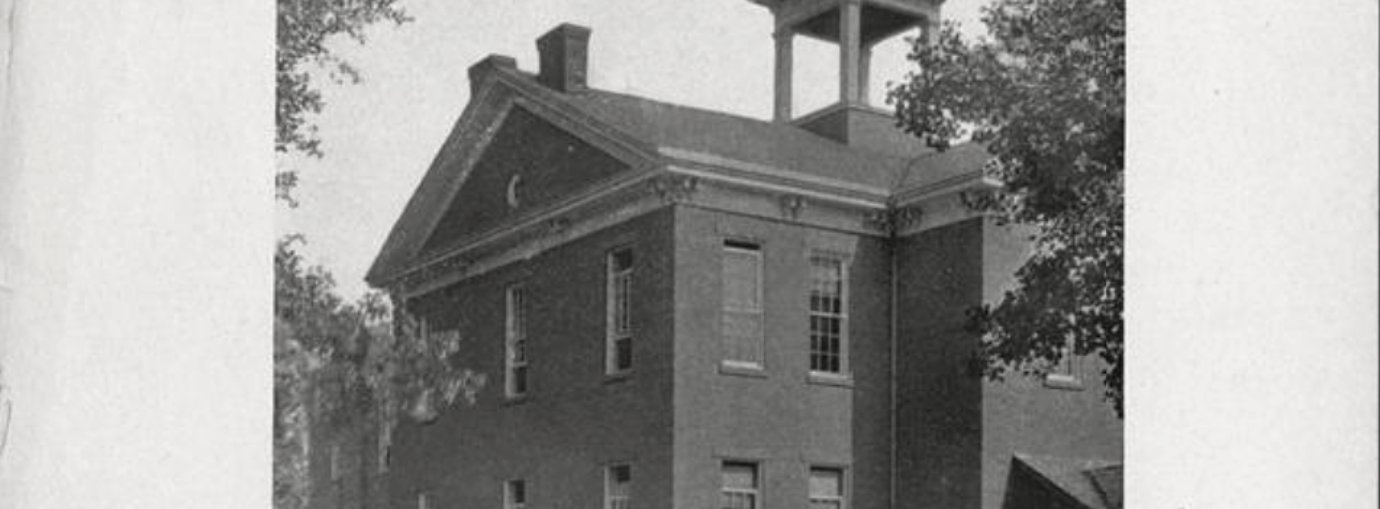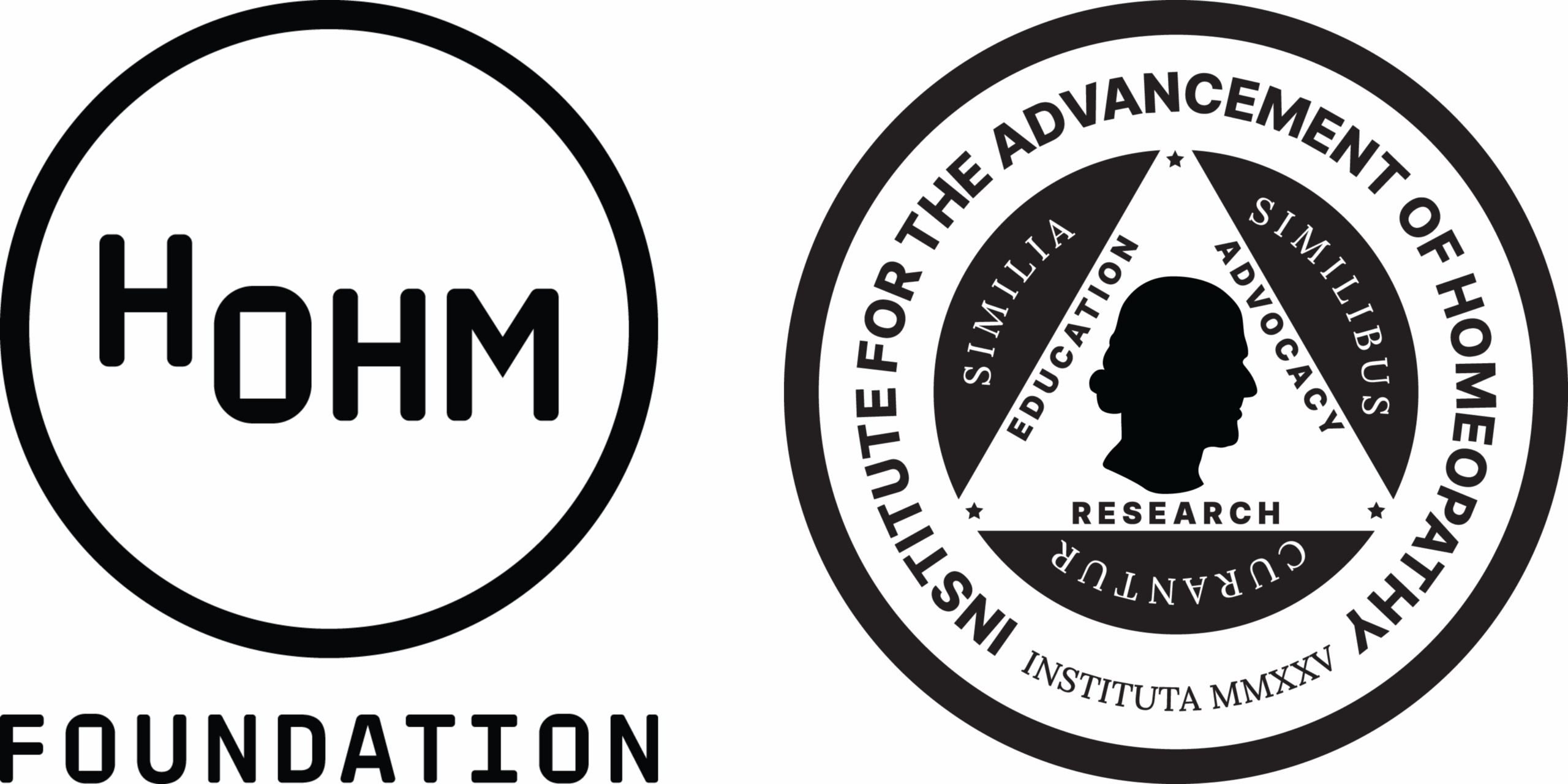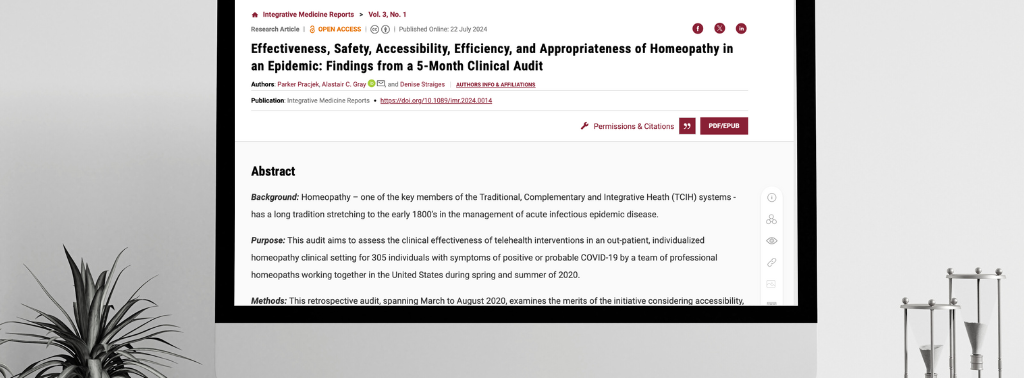

Contingent Evolution: Homeopathy and 19th Century Biomedicine
HOHM Foundation President and Clinical Director Denise Straiges is a 2023 graduate of the JHU History of Medicine Program. Her thesis, Contingent Evolution: Homeopathy and 19th Century Biomedicine, explores how the uptake of bacteriological discoveries into the canon of 19th-century medical knowledge was an interdependent and non-linear process in both orthodox and heterodox spaces.
Scroll down to read the abstract or follow the link to download her complete thesis. It is being prepared for publication to a book, so subscribe to our newsletter for updates.
Abstract
Contingent evolutions in orthodox and heterodox healing regarding the uptake of bacteriological information into the canon of nineteenth-century medical knowledge were interdependent and non-linear. The historiography of medicine, however, with its attachment to the orthodox medical timeline, has perpetuated a somewhat Whiggish ideal of progress that excludes scientific discoveries that evolved outside of what is now deemed conventional medicine. Homeopathy, the system of medicine introduced by German medical doctor Samuel Hahnemann, lends a counter-narrative to orthodoxy in the nineteenth-century medical marketplace and provides an additional perspective as to how non-orthodox practitioners engaged in similar paths of discovery. In some instances, such as with the introduction of homeopathic medicines made from disease products such as rabies, anthrax, and scabies as early as 1833, homeopaths were decades ahead of the orthodox curve. Interrogation of the specific perspectives and arguments from homeopaths—especially as they describe themselves in contrast to orthodoxy—can deepen what is an otherwise superficial understanding of some key aspects of homeopathic philosophy and practice that have often been shadowed by hegemonic assumptions. To have homeopathy explained in its own right and seen as a contributor to the overall evolution of medicine in the nineteenth century offers a richer, more nuanced, and inclusive history.
 Denise Straiges is a 2023 graduate of the JHU History of Medicine Program. Her thesis, Contingent Evolution: Homeopathy and 19th Century Biomedicine explores how the uptake of bacteriological discoveries into the canon of 19th century medical knowledge was an interdependent and non-linear process in both orthodox and heterodox spaces.
Denise Straiges is a 2023 graduate of the JHU History of Medicine Program. Her thesis, Contingent Evolution: Homeopathy and 19th Century Biomedicine explores how the uptake of bacteriological discoveries into the canon of 19th century medical knowledge was an interdependent and non-linear process in both orthodox and heterodox spaces. 







